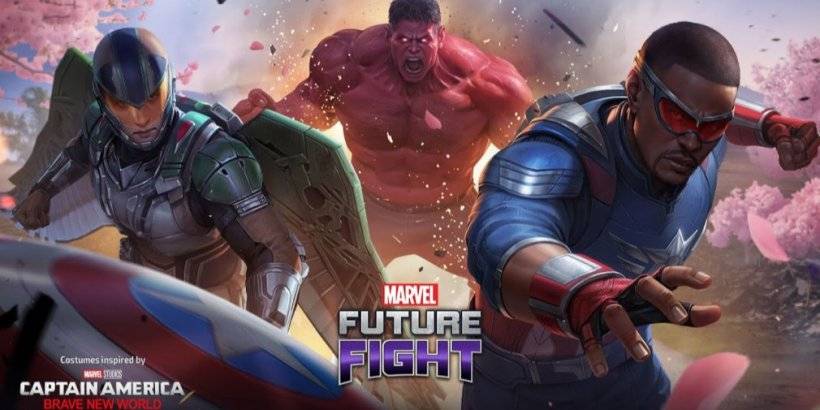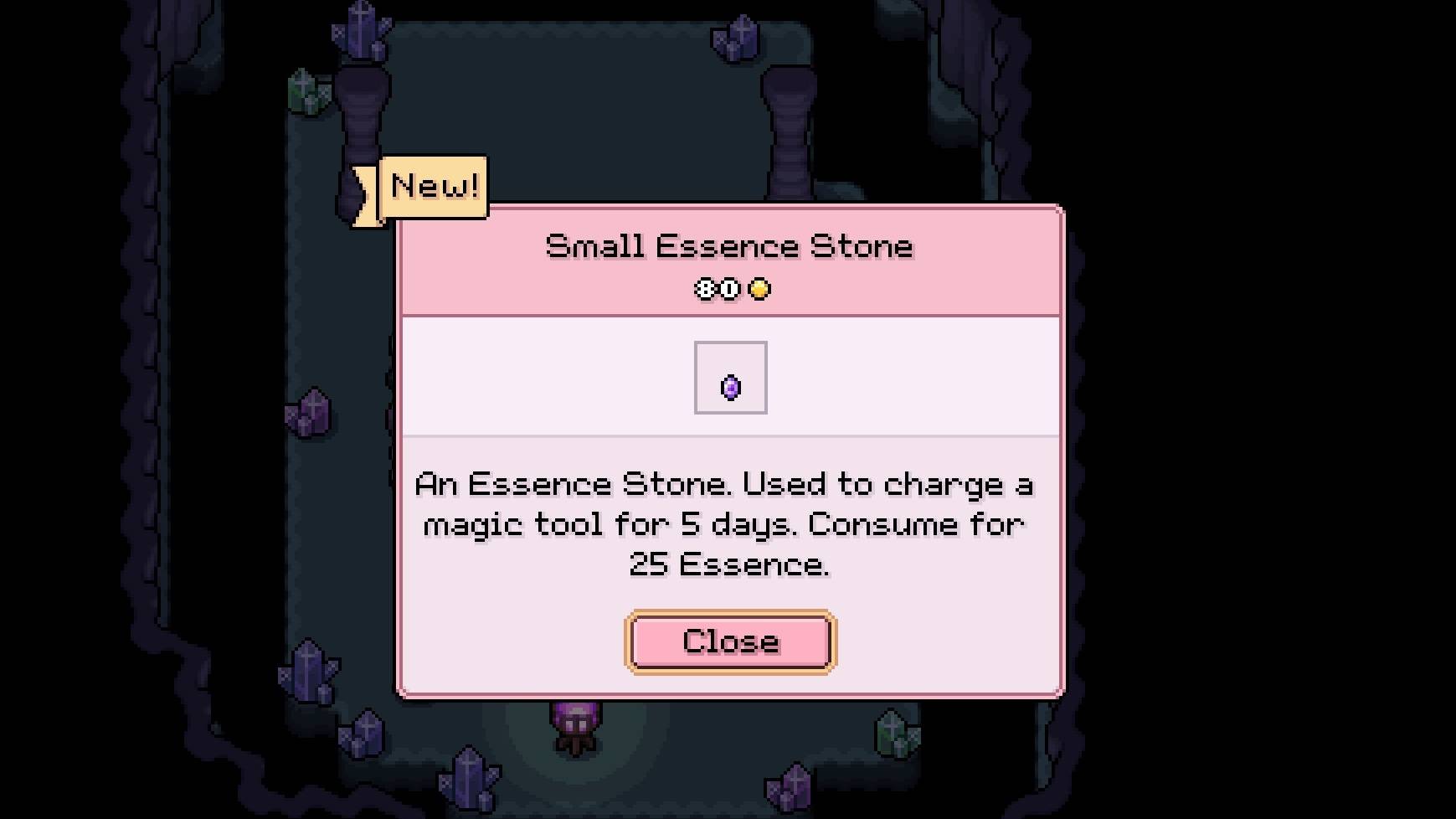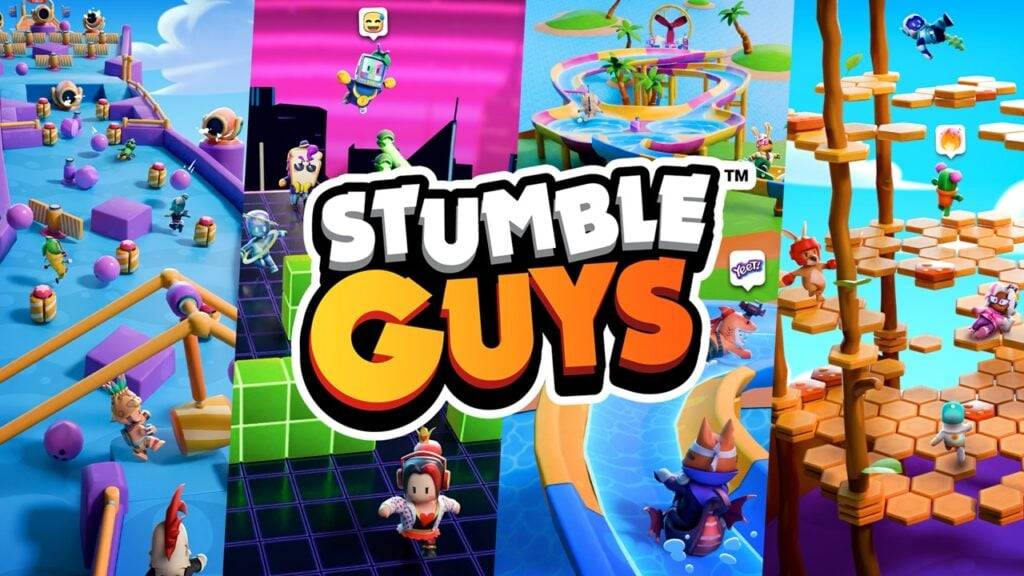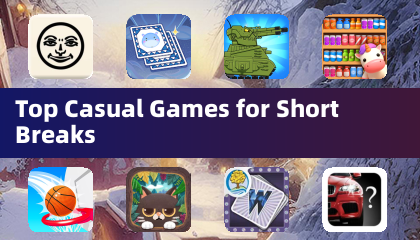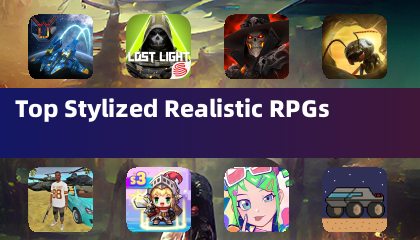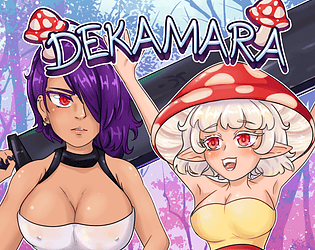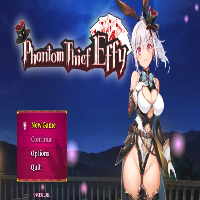TikTok's weekend ban dominated headlines, but the fallout extended beyond the social media platform, impacting popular games like Marvel Snap. This incident highlights the risky game of political maneuvering, particularly for developers caught in the crossfire.
The temporary US ban on TikTok, anticipated following a congressional act labeling it a foreign adversary-controlled application, became reality on Sunday. While President-elect Trump's swift intervention restored TikTok's service, other ByteDance-affiliated apps faced a less triumphant return.
Marvel Snap, a popular card battler, and other titles from ByteDance subsidiaries experienced service interruptions in the US, accompanied by a message indicating a ban. ByteDance's ultimatum—accept all their apps or none—left developers like Second Dinner, Marvel Snap's creator, uninformed and scrambling for damage control on Twitter. While promising a quick restoration of service and offering compensation, this incident raises serious concerns.
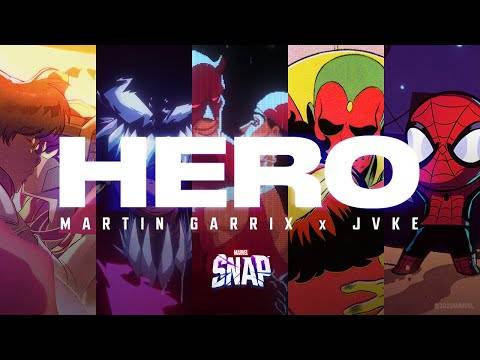
ByteDance's calculated move to leverage TikTok's ban and Trump's intervention to regain US access appears successful. However, this political gamble inadvertently swept up gaming apps, leaving developers like Second Dinner to manage the fallout. While unlikely to sever ties with ByteDance, the incident likely eroded trust and underscored the perceived prioritization of social media over gaming.
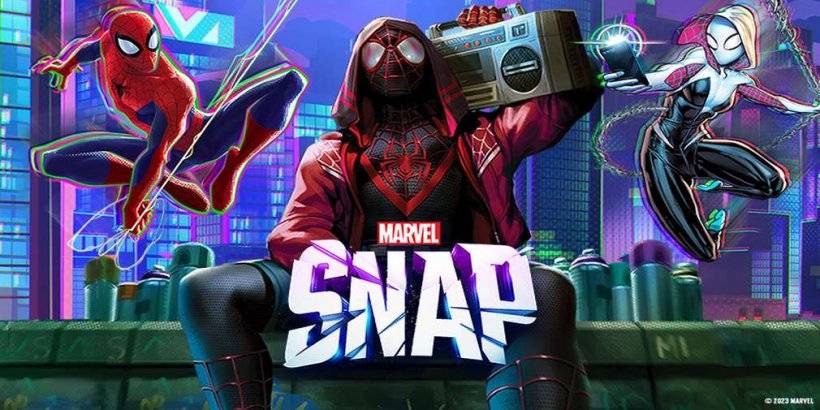
This isn't the first time ByteDance has prioritized social media over gaming. Significant layoffs in 2023 within their gaming division resulted in project cancellations. While Marvel Snap initially suggested a shift towards partnerships, this recent incident casts doubt on the stability of such collaborations. Potential developers and publishers are now likely hesitant to partner with ByteDance, fearing similar political repercussions.
Disney, recently boosted by the success of NetEase's Marvel Rivals, also faces uncertainty. ByteDance's actions could create apprehension among IP holders regarding future collaborations.
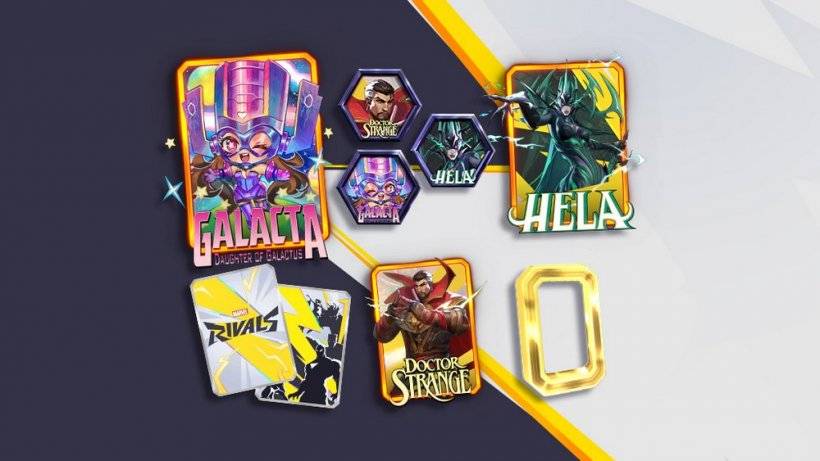
The TikTok ban may be just the beginning. Tencent, NetEase, and other Chinese gaming companies could face similar scrutiny. The FTC's actions against MiHoYo regarding loot boxes further illustrate the growing pressure on the gaming industry. The Marvel Snap situation serves as a cautionary tale, highlighting the vulnerability of gaming to political pressures.
The unexpected impact on Marvel Snap players, many of whom were initially unconcerned about TikTok, demonstrates the far-reaching consequences of ByteDance's actions. This sets a worrying precedent, raising concerns about the future of gaming and its susceptibility to political whims. The potential for backlash against this approach is significant.




 LATEST ARTICLES
LATEST ARTICLES 